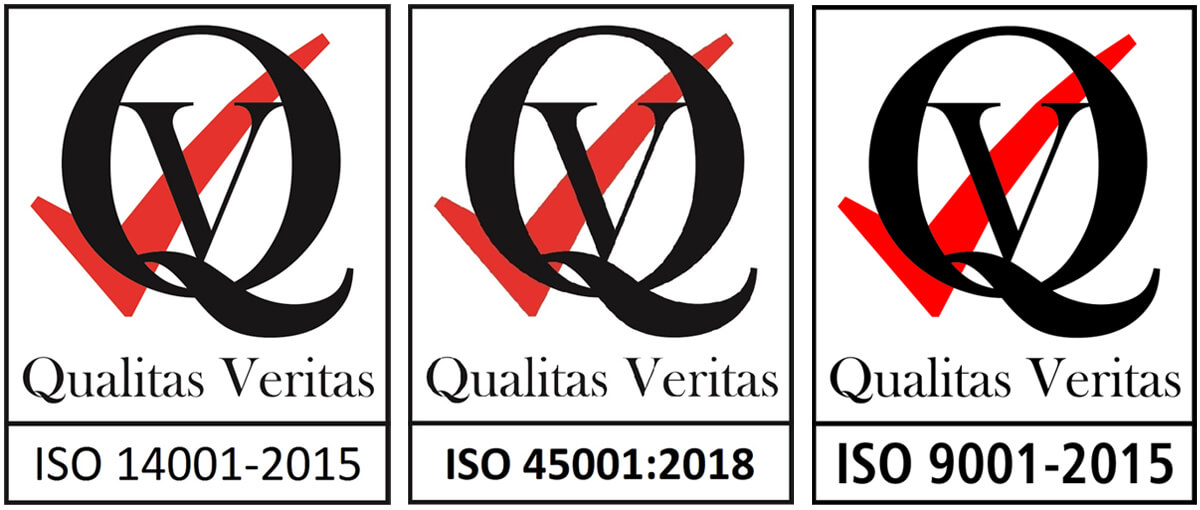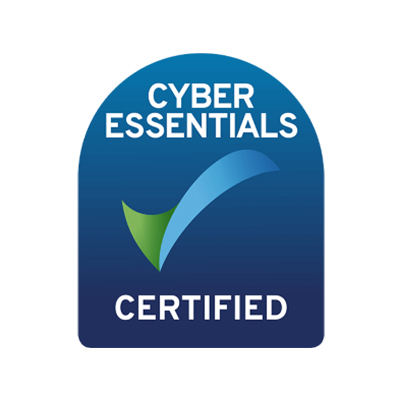Understanding Batteries for Solar Panels
In an era marked by environmental consciousness and renewable energy, solar panels have emerged as a significant player in reducing our carbon footprint.
Harnessing the power of the sun to generate electricity is a sustainable solution for businesses up and down Scotland, but it comes with challenges. While many businesses may dismiss solar as unviable in Scotland’s climate, all solar panels need to generate electricity is daylight rather than sunlight making them perfect for businesses in Scotland wanting to use solar power for their electricity needs. But what if you need more than just solar power? Enter solar batteries.
The Need for Solar Batteries
Solar panels generate electricity when it is daylight, making them a fantastic source of renewable energy. However, in the darker winter months when work begins before the sun rises, what do you do then? Solar panels only produce electricity during daylight hours. To make solar energy a reliable source, especially when the sun isn’t shining, energy storage solutions are crucial. This is where solar batteries come into play.
Types of Solar Batteries
Lead-Acid Batteries
These are the oldest and most widely used batteries in solar applications. Lead-acid batteries are reliable and cost-effective, making them an excellent choice for residential solar systems. However, they are heavy, have a shorter lifespan compared to newer technologies, and require maintenance.
Lithium-Ion Batteries
Lithium-ion batteries have become increasingly popular due to their higher energy density, longer lifespan, and lighter weight compared to lead-acid batteries. They are more commonly used in commercial solar systems. Brands like Tesla’s Powerwall have made lithium-ion batteries and have become a household name in solar energy storage.
Flow Batteries
Flow batteries store energy in chemical solutions, making them highly scalable and flexible. They are often used in large-scale energy storage projects. Flow batteries offer longer cycle life and the ability to store energy for extended periods, making them ideal for grid-level applications.
Saltwater Batteries
Saltwater batteries are an emerging technology known for their environmental friendliness and non-toxic components. They are considered a safer alternative to lithium-ion batteries and have potential applications in residential solar systems. However the technology is still developing and for businesses looking to invest in solar and battery storage systems, they are simply not ready for widespread application.
What are the advantages of Solar Batteries?
Energy Independence
Solar batteries allow businesses to store excess energy generated during the day for use during the night or during periods of low sunlight like early in the morning during winter. This reduces reliance on the grid and can lead to substantial cost savings.
Grid Stability
When integrated with the grid, solar batteries can provide stability by balancing supply and demand, reducing the need for fossil fuel-based power plants.
Emergency Power
During power outages, solar batteries can provide backup power, ensuring that essential appliances and systems continue to function. If your business has suffered the inconvenience of a power outage, you will know how helpless your business can become when computers and machinery is not able to operate. Batter storage systems can remove this concern.
Environmental Benefits
Solar batteries contribute to a reduction in greenhouse gas emissions by optimising the use of clean solar energy and reducing the need for fossil fuels. If your business wants to improve their green credentials then having solar panels installed as well as battery storage system is a giant leap forwards for this.
Batteries for solar panels are the missing link in the quest for reliable and sustainable clean energy. They enable businesses to harness the sun’s power when it’s available and use it when it’s needed, ensuring a continuous and green energy supply. As technology advances and costs decrease, solar batteries are poised to play an even more significant role in reshaping our energy landscape and reducing our reliance on fossil fuels. Embracing solar batteries is not just an investment in a brighter future but also a crucial step toward a cleaner, more sustainable world.
How battery storage systems work?
The steps to how a battery storage system works are actually quite simple…
Link devices
Energy is produced by solar panels, converted using an inverter and then fed to the distribution board through renewable technology.
Charge the battery
Electricity is supplied to your business as normal. When the solar power generation exceeds the demand of your business, a control system diverts the power to the battery storage system which begins charging.
Export
When the battery storage system is fully charged, any surplus electricity can then be fed back to the grid generating money for your business.
Utilise the battery
When the power demands of your business exceeds the immediate electricity generating capabilities of the solar panels, power is then instantaneously drawn from the battery using power that has been generated previously from the solar panels.
From survey and design, through to installation and maintenance, we offer turnkey solutions for your business.
Switching to solar panels and battery storage systems is a great way of going green. At Low Energy Services, we provide an extensive portfolio of services and solutions such as energy monitoring, control strategy analysis, building heat leakage analysis, design, supply, installation and maintenance of renewable technologies, and general advice on how to make your building as efficient as it can be. If you are considering solar and battery storage systems for your business and would like to know more about the process behind it, please contact us.
Based in Glasgow, we provide commercial solar and battery storage installations across Scotland and England.




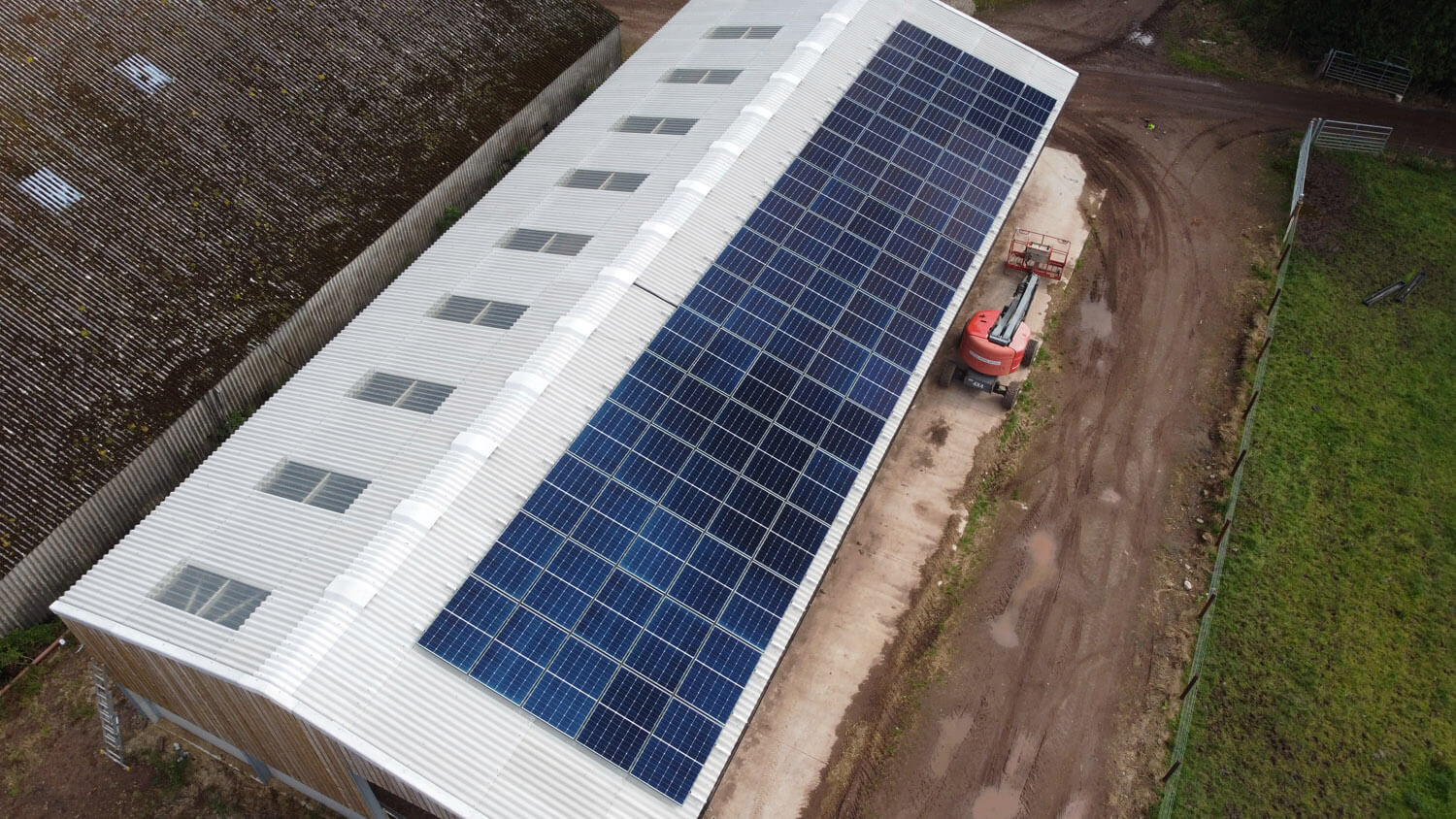
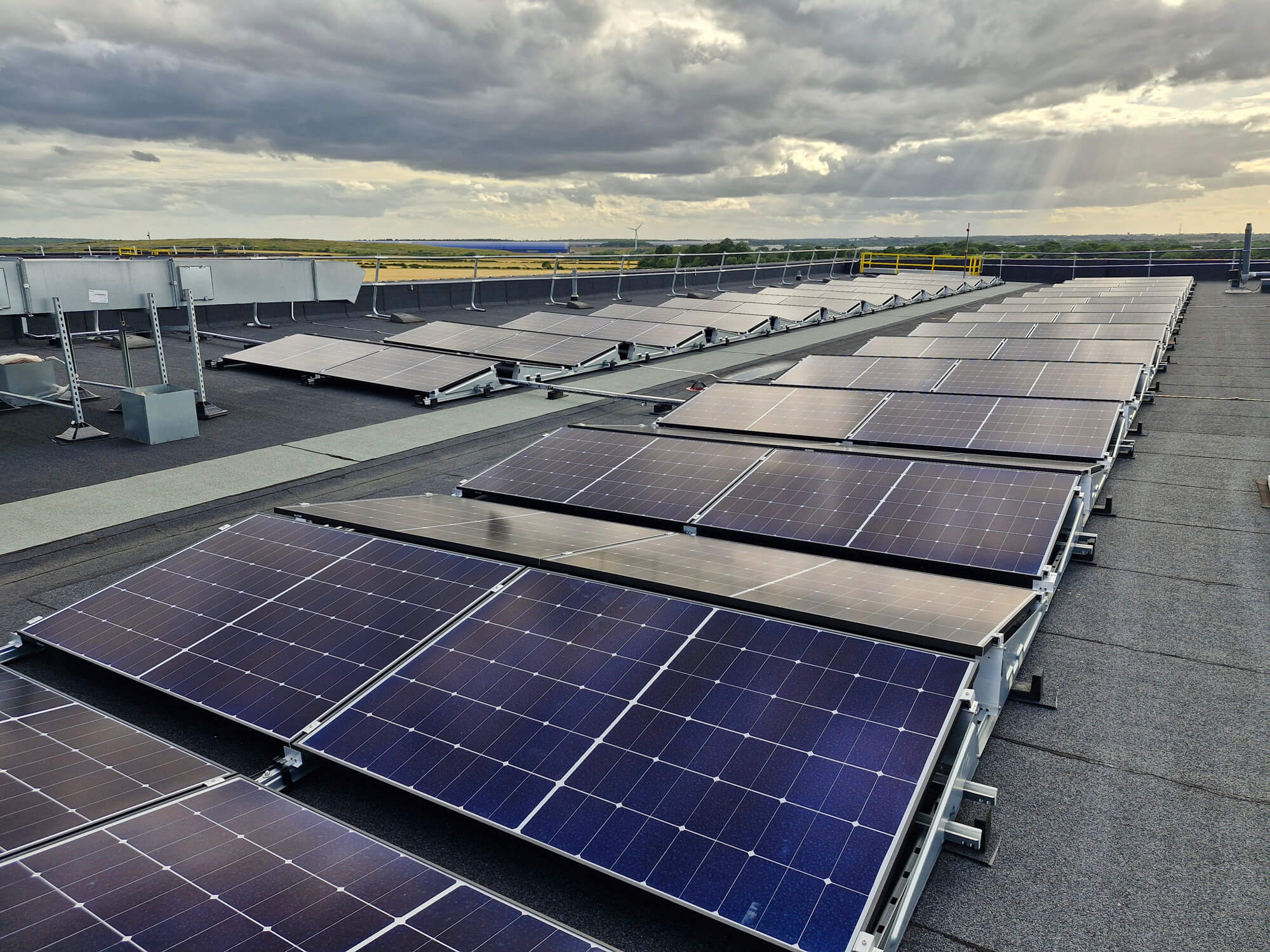
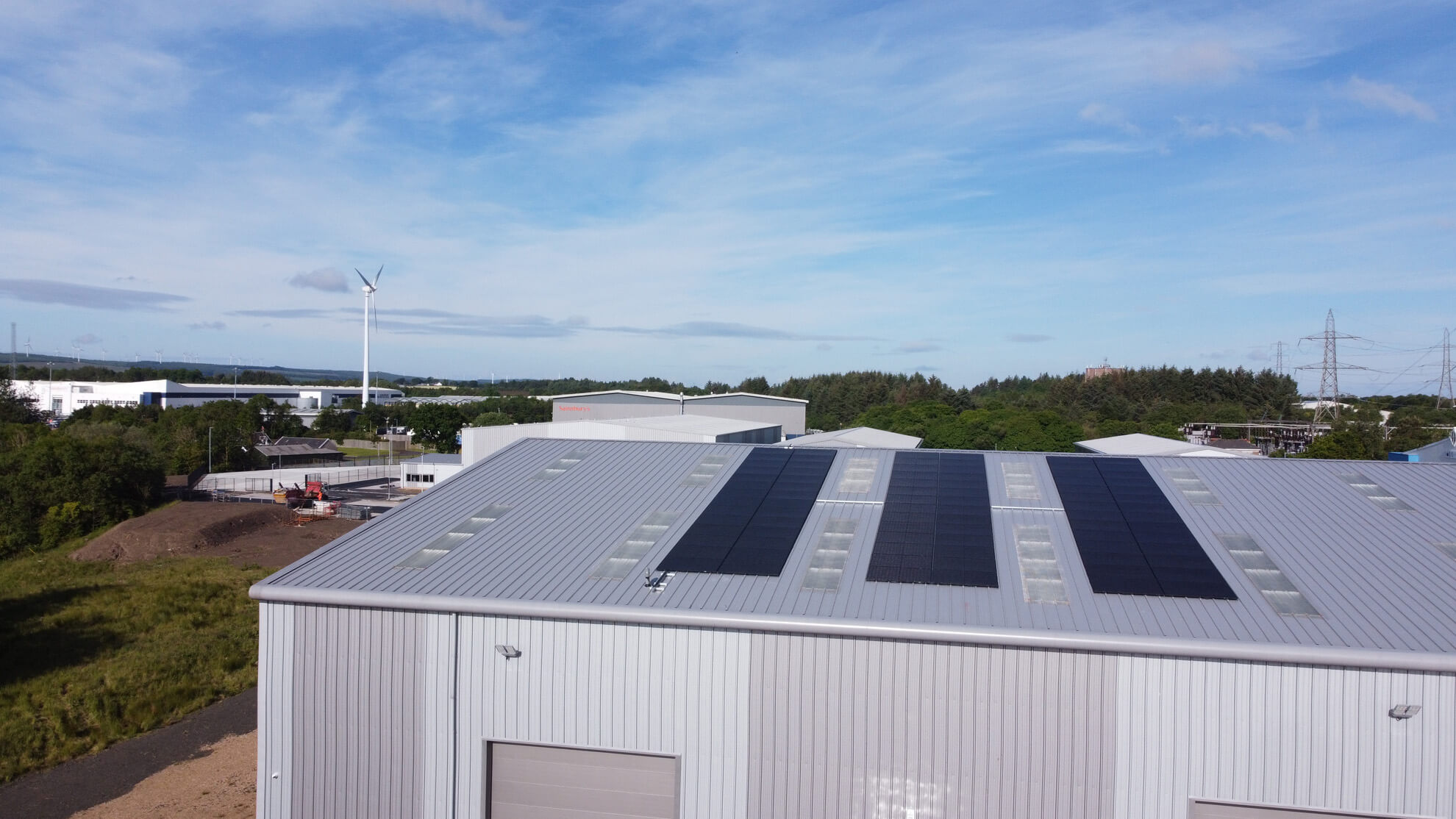
 Renewable Energy Specialists
Renewable Energy Specialists